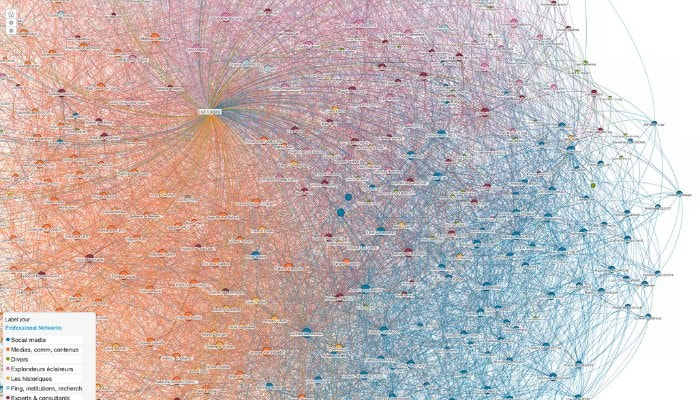IBM's Vision for the Future: Utopian, Accepting or Dystopian? - Published on January 25, 20153/26/2018
IBM CEO Ginni Rometty's masterclass in Board-level sales offers a fascinating insight in to the world of tomorrow (if we keep on going as we are). 23 minutes is a bit long in these bite-size times, but well worth sticking out at least the first 15-20 mins:
http://www.ibm.com/smarterplanet/uk/en/overview/ideas/index.html Here are some headlines:
Encouragingly, she did mention one fleeting example of how digital tech had created genuine value: a farmer managing to reduce water consumption by 10% and maintain or improve plant growth. To me this type of innovation was the only genuinely sustainable value offering that she mentioned a "Smarter Planet" might bring. For the whole system to maximise this potential requires all senior decision-makers to school themselves in "eco-literacy" and make it central to their every discussion. Data may be a new resource, but it comes only indirectly from the natural world and it comes after water, food, security, shelter and community. Then again, she was addressing corporations, not people, and they do seem to be leading the way in areas like climate adaptation, so perhaps their innate survival instincts will provide for us all. Fingers crossed. (Image credit: Luc Legay) Comments are closed.
|


